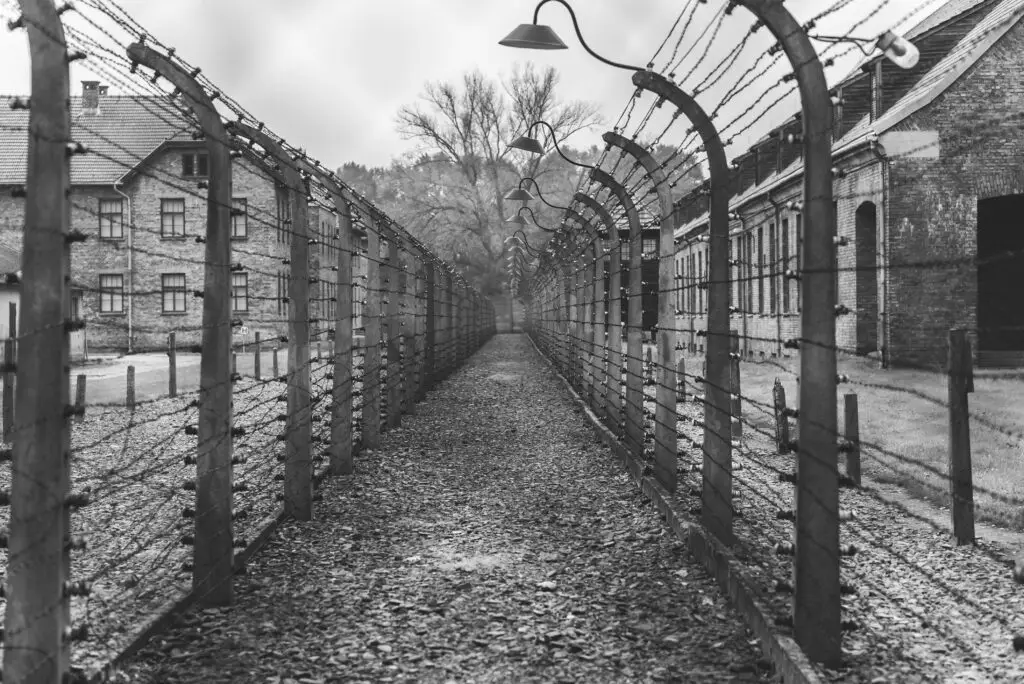Genocide
What is Genocide?
Genocide is the deliberate and systematic extermination of a particular ethnic, racial, religious, or national group. The intent is to destroy that group in whole or in part. Tragically, examples include the Holocaust during World War II, as well as genocides in Rwanda, Armenia, and Bosnia.
Understanding Genocide
Genocide is the planned killing of a large group of people based on their race, religion, or ethnicity. It often happens when leaders spread hate and encourage violence. Genocide is not just a crime against individuals—it’s an attack on entire communities. Throughout history, genocides have caused immense suffering and loss. Learning about these events helps us understand the importance of preventing such tragedies.
The Armenian Genocide
One of the first genocides of the 20th century occurred during World War I. The Ottoman Empire targeted Armenian people, forcing them from their homes and killing many. Over 1.5 million Armenians lost their lives through starvation, violence, and harsh conditions. This tragedy remains a painful memory and is considered a warning about the dangers of unchecked hatred and discrimination.
The Holocaust
The Holocaust is one of the most well-known genocides in history. During World War II, Adolf Hitler and the Nazi government systematically killed six million Jewish people. The Nazis also targeted other groups, including Roma, disabled individuals, and political opponents. Concentration camps and gas chambers were used in this horrific plan. The Holocaust is a reminder of the need to stand against hatred and prejudice.
Warning Signs of Genocide
Genocides don’t happen overnight—they often begin with smaller acts of discrimination. Hate speech, propaganda, and laws that target certain groups can lead to violence. Leaders may spread fear to justify their actions. Understanding these warning signs helps people recognize and prevent genocide before it begins. Education and awareness are key tools in stopping these tragedies.
Genocide in Rwanda
In 1994, Rwanda experienced a genocide where nearly 800,000 Tutsi people were killed by the Hutu majority. The violence lasted for just 100 days but caused immense destruction. International leaders were criticized for not acting quickly to stop the killings. Despite the tragedy, Rwanda has worked to rebuild and promote peace. The Rwandan Genocide teaches us about the importance of intervention and reconciliation.
The Role of Propaganda
Propaganda plays a major role in inciting genocide. Leaders often spread false or hateful messages to turn one group against another. For example, during the Holocaust, Nazi propaganda depicted Jewish people as enemies. In Rwanda, radio broadcasts encouraged violence against Tutsi people. Recognizing and challenging propaganda is essential in preventing genocides from happening.
The Responsibility to Protect
After witnessing genocides like the Holocaust, the world agreed on a responsibility to protect vulnerable groups. The United Nations created laws and policies to prevent and punish acts of genocide. This includes investigating warning signs and intervening when necessary. While challenges remain, these efforts show how the global community can work together to prevent mass violence.
Life After Genocide
Survivors of genocide face enormous challenges in rebuilding their lives. Many have lost family members, homes, and communities. Efforts to promote healing often include truth commissions, memorials, and justice for those responsible. Survivors also play an important role in teaching others about their experiences. Their stories remind us of the resilience of the human spirit and the need to create a more just world.
Preventing Genocide in the Future
Stopping genocide requires global cooperation and vigilance. Educating people about past genocides helps build awareness and empathy. International organizations, such as the United Nations, monitor conflicts to identify risks of mass violence. By promoting tolerance and protecting human rights, societies can work to prevent these tragedies. Prevention starts with standing against hate and discrimination wherever it appears.
